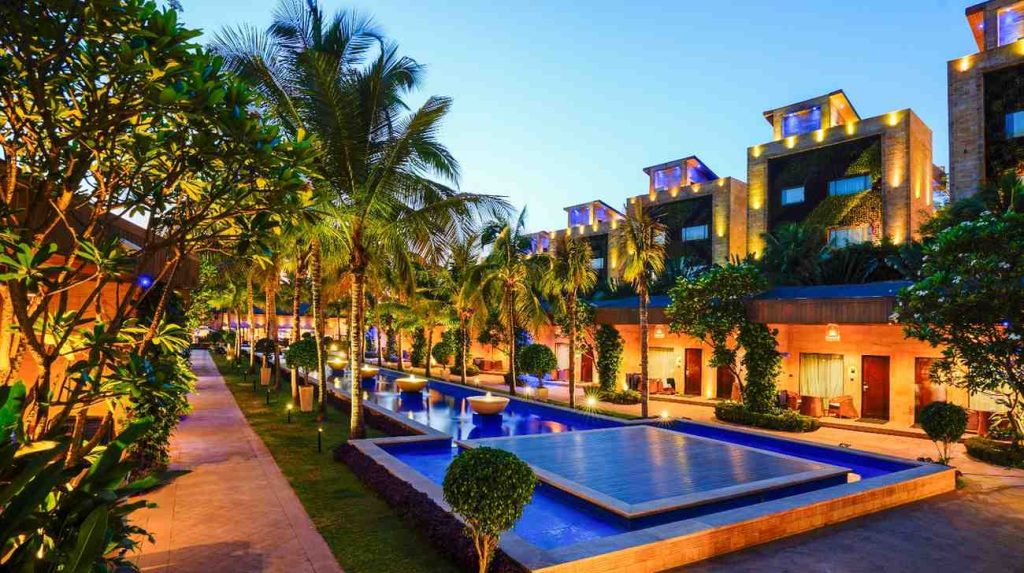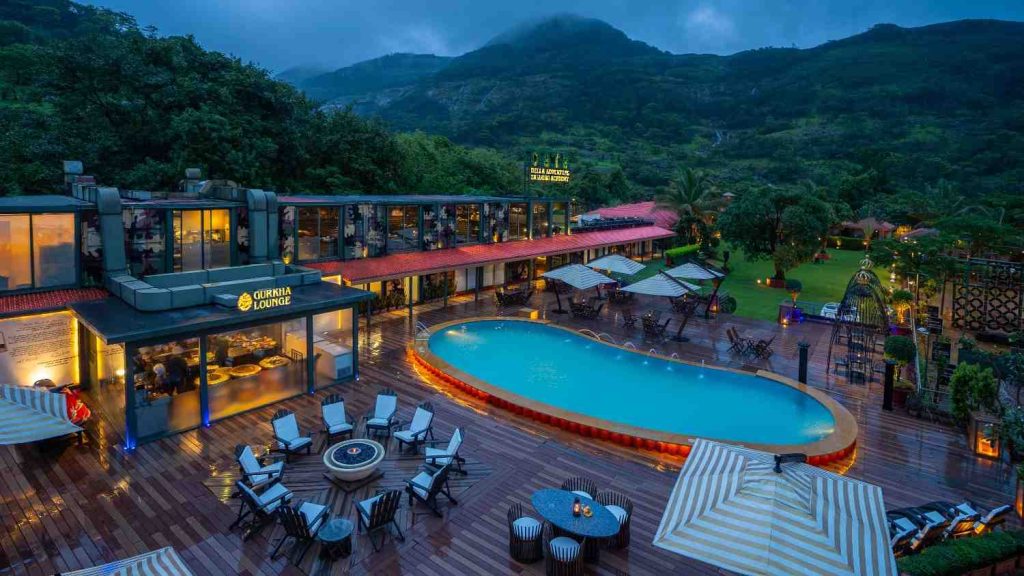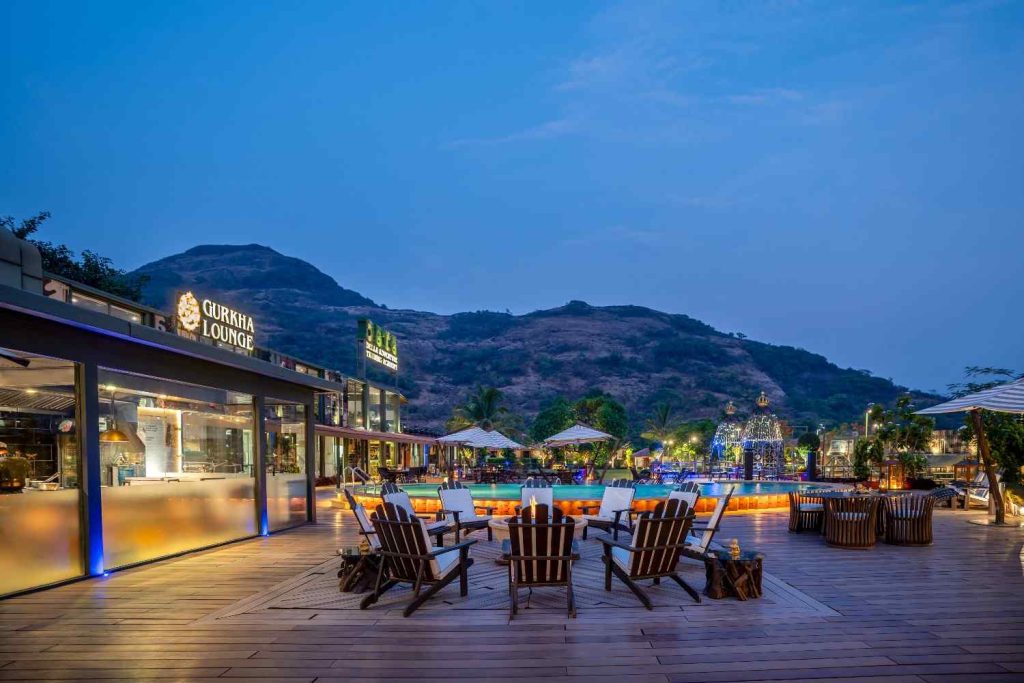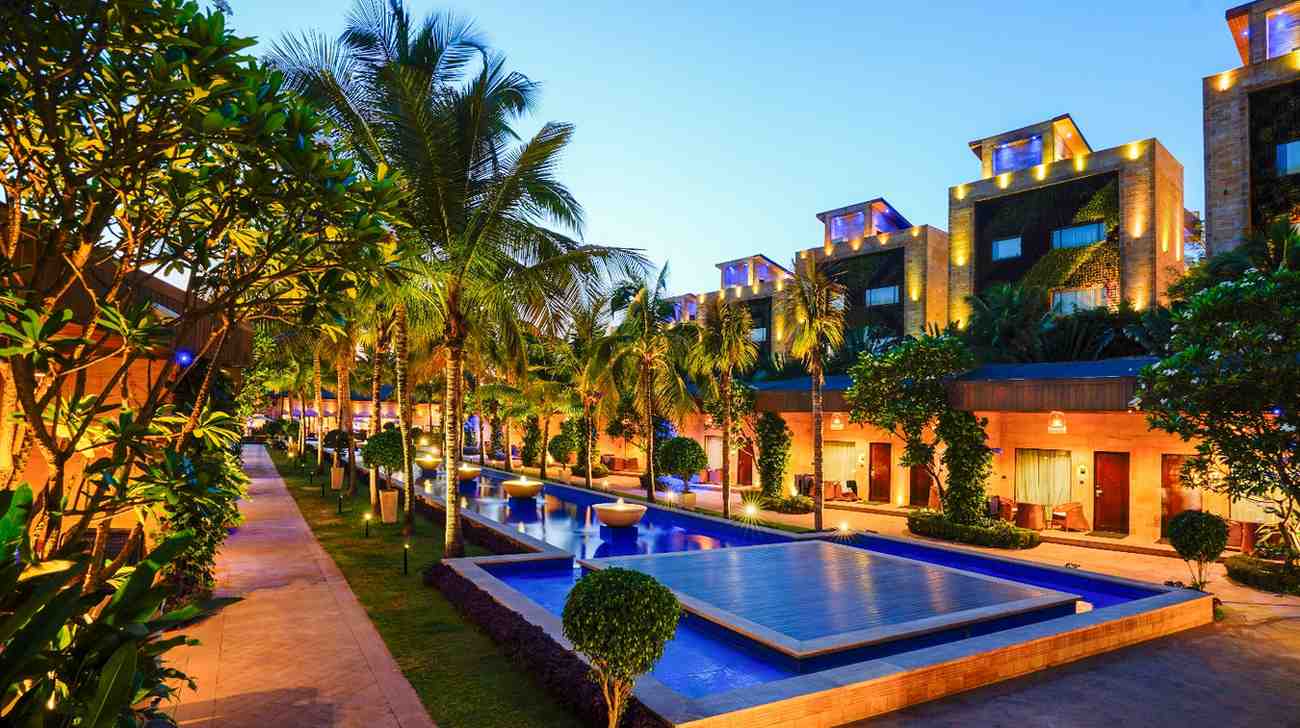In this dynamic landscape, luxury hospitality is no longer defined by lavish services or opulent surroundings alone. The industry has shifted towards delivering personalized experiences, fostering personal connections, and offering bespoke services that cater to the desires of the modern consumer. As a result, hospitality brands are rethinking their strategies, focusing on experiential offerings that go beyond traditional luxury to provide something truly unique and memorable.
This blog will explore the evolving luxury hospitality trends and how marketing has adapted to meet the expectations of today’s discerning travelers.
The Traditional Definition of Luxury

Traditionally, luxury is a lifestyle phenomenon characterized by access to high-end, expensive, opulent goods and services. It is distinguished from comfort and convenience by the sophistication, exclusivity, and rarity of the products and experiences offered. However, there is no absolute definition of luxury, for the conception is relative to time and person. It is commonplace in history that the luxuries of one generation may become necessities in a later period.
Change in Luxury Aspirations
But now, the very definition of what luxury means is changing. What’s important in this new definition is that brands selling in this new way can compete effectively with brands offering the traditional definition of luxury.
Traditionally, bespoke luxury experiences through hotels and resorts portrayed themselves as the embodiment of magnificence. The Ritz, the Four Seasons of the world, and closer to home, our Taj and Oberois have showcased their distinctive brand of luxury resort in India for years, which we have come to revere and aspire to.
However, modern interpretations of luxury resorts in India extend beyond the conventional stately interiors and a sense of regalness and are more in sync with what the modern consumer appreciates as luxury—authentic, transformative experiences. Take the example of Soneva Jani and Soneva Fushi in Maldives, often heralded as the best resorts in the world that specialize in what is known as “barefoot luxury”. They recognize that for the globe-trotting celeb, walking barefoot on a private beach is more of a luxury in the true sense. Privacy, sustainability, and understated elegance are increasingly important elements of luxury.
The Rise of Experiential Hospitality

This paradigm shift in consumer mindset, yearning for distinctive bespoke luxury experiences, is what today’s hospitality brands recognize and nurture the concept of experiential and luxury hospitality trends.
Della Resorts is a prime example, pioneering as one of the top experiential resorts in India. Conceptualized and designed by Jimmy Mistry, an iconic designer and entrepreneur, as one of the best hospitality resorts in India, we have 6 different resort room categories with 300 rooms and also boasts of many firsts, such as India’s Largest extreme adventure park with 50+ experiences, plus 6 restaurants all offering varied cuisine, and recently we launched Sky Garden where you can relish a spectacular dining experience 150 feet up in the air.

One of the most unique offerings is the DATA Resort, which is touted as India’s first military-themed luxury glamping resort, completely managed by ex-military commandos and personnel and headed by Lt. Gen Raymond Norhonha, Ex-Chief of Staff of the Indian Army. This is a very unique top experiential resort in India where you get to travel in military vehicles across offroad tracks, reach the property, and receive a grand military welcome, also dress in proper military attire and undergo real-life survival skills activities directly from the trainers who are ex commanders of Indian army. This unique experiential offering sets DATA Resort apart from traditional luxury offerings, providing an unforgettable blend of adventure, luxury, and military precision.
Marketing in Experiential Hospitality
Guests are seeking more than just a stay; they are in pursuit of unforgettable moments and personalized experiences that speak to their unique preferences, cultures, and desires. From the moment they engage with a brand to the time they step into a hotel, they expect tailored and immersive experiences that align with the evolving trends of luxury travel.
This is where bespoke marketing strategies for the best hospitality resort in India play a pivotal role. The days of one-size-fits-all, mass-market messaging are long gone; today, guests demand personalized and tailored messaging interfaces powered by data insights, AI, and deep customer understanding. Every touchpoint, from digital communication to in-person interaction, must resonate on an individual level. Leveraging social media influencers, user-generated content, and virtual experiences has also become vital in building connections with younger luxury consumers.
In conclusion, becoming a successful luxury marketer requires a deep understanding of industry fundamentals, from building a strong brand identity to analyzing customer behaviour and trends. By leveraging tailored marketing strategies and multiple channels, brands can grow their presence and create memorable experiences. Luxury consumers seek brands that align with their individuality and values, making storytelling and heritage crucial in establishing authentic connections. Engaging customers through dynamic content, influencer collaborations, and immersive experiences helps foster loyalty, spark word-of-mouth referrals, and drive growth in the evolving luxury hospitality sector.



















